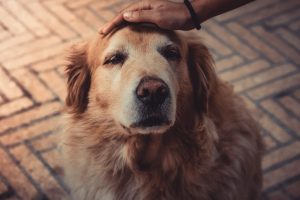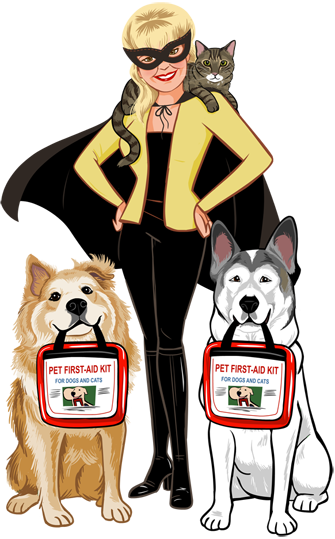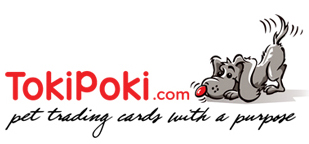
If you’re a dog lover, it’s possible that you have spoiled your pooch rotten over the years. We all want to create a close bond with man’s, and woman’s, best friend. If however, your dog is getting into his senior years (or really no time is too early to begin), you should take a closer look and address the quality of food you are feeding.
Good nutrition is key to keeping your dog healthy throughout his life, but especially when he starts sporting grey whiskers, you job is to feed an age-appropriate diet that facilitates a healthy immune system as well as metabolic and nerve function. If you’re not sure where to begin, here are some essential tips for feeding your older dog.
Address Dental Problems
Just like with humans, your dog’s teeth and gum health will begin to decline as they age. Actually, most puppies that don’t have proper dental care share signs of gingivitis by age 2! If you’ve noticed that your canine companion is struggling to eat, this could be a sign of tooth pain or dental disease, not so much that they don’t want to eat, but that it hurts to chew! Brushing his teeth daily will help keep your dog’s dental hygiene at its peak. You can also purchase dental chews that are designed to reduce plaque. Regardless, twice yearly annual check-ups at your vet are in order for an older pup.
Add Omega-3s
Omega-3 oils are fantastic for reducing inflammation and boosting the immune system, so if you’ve noticed a decline in your dog’s mobility, adding plenty of omega-3 fatty acids is key. You should consider sources such as mussel, which can be great for heart and brain health. Here you can learn about mussel for dogs and how they can help with your pooch’s joint health. YuMove has many years of experience in helping to ensure your dog lives their most active life as they get older. YuMove sells a variety of products, including green lipped mussel for dogs and chewable tablets.
Stick to Healthy Treats
Some dogs love everything, but as your pooch ages, it may be time to change the treats you’re providing. Unfortunately, many commercial treats are packed with calories and won’t do your older dog’s health any good. When treating with healthier options, don’t give more. Your pet won’t say, “No, I’ve had enough,” so limit quantity even if they are of a healthier option. Fruits and vegetables are great treats that your dog will love, so blueberries, small apple slices and mini carrots as a reward for good behavior.
Add Protein and Fiber
Increasing protein in your older dog’s diet will help your canine best friend maintain muscle. Protein is commonly known as “building blocks” of life, so by providing amino acids that build your dog’s hair, nails, skin, and tendons, you help your pet. If your dog loves nothing more than to snooze in his golden years, he will lose muscle mass as which could result in protein reserve losses. Should this occur, your dog’s immune system can weaken and make him more susceptible to illness. Many older dogs suffer from constipation which is why you should increase the amount of fiber your pooch is getting in their diet. Food high in fiber includes carrots, cabbage and broccoli, but also…encourage water drinking to keep all systems going.
Assess the Bowl
You may not realize it, but your dog’s food bowl could be causing your pooch serious difficulties as he ages. If you take a moment to think of the last time you bought a new food bowl and discover you’ve not changed it since your pupper was a puppy, now may be the right time to upgrade to something more senior-friendly. Consider a raised bowl so that your dog doesn’t have to bend stiff joints at mealtime . A simple change like an elevated bowl can make all the difference and ensure your dog is more comfortable wolfing down his food.
Speak to Your Vet
If any of the tips above don’t seem to improve your dog’s health, or if you’re concerned about your dog’s diet or weight, don’t hesitate to make an appointment with your vet, your dog’s second best friend (well, you are the first for sure). Building a strong rapport with your vet will provide peace of mind and help your dog feel relaxed when being seen. Your vet will give you plenty of guidance as to the type of diet your dog should be following, as well as any other changes you should make to keep your pooch happy and healthy in his senior years.
You’re probably already aware of the importance of feeding your dog a balanced diet packed with vitamins, minerals, and nutrients, so once your pooch enters his golden years, referring to the tips above will better enhance their lifestyle hopefully allowing them to live for many more years to come.








